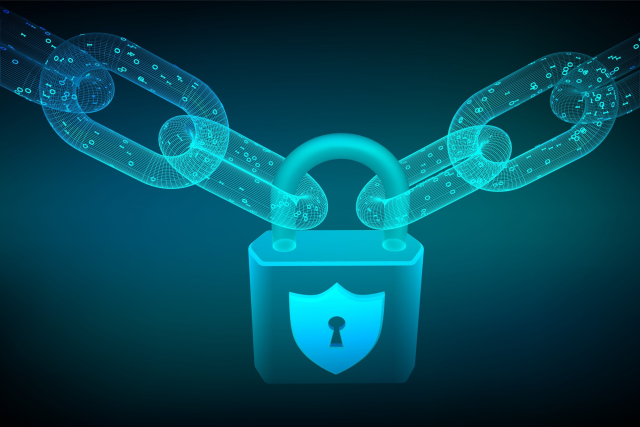
Given the fast-changing nature of cyber threats, encryption techniques need to also develop to maintain data security. While RSA and AES are the customary traditional encryption methods, the emergence of quantum computing presents great problems for their security. By comparison, quantum cryptography presents a basic different process. The article examines the distinctions between quantum and traditional encryption, their security benefits, weaknesses, and reasons why companies should think about moving to quantum-safe encryption.
Knowledge of Classical Encryption (RSA, AES, and ECC)
Classical encryption depends on mathematical complexity for the protection of information. Among the most applied methods are:
- For major encryption, the RSA (Rivest-Shamir-Adleman) appoints a large prime number factorization.
- A symmetrical encryption algorithm that encrypts the data using a shared secret key is AES.
- ECC (elliptical curve cryptography): It provides powerful encryption using short key lengths, thus the efficacy against RSA increases.
Strengths & Weakness in Security
These traditional techniques provide strong protection given the modern computing capacity. Still, they have a fundamental vulnerability: they rely on issues that quantum computers can address much more rapidly than classical ones.
Quantum Cryptography—A New Approach.
By using the laws of quantum mechanics, quantum cryptography secures data distribution. Most significant is Quantum Key Distribution (QKD) whereby two parties can produce a shared secret key thanks to quantum properties of photons.
Quantum Cryptography: Operating Quotes
- Quantum particles (photons) transmit encryption keys in QKD, therefore any eavesdropping attempt changes the system and warns both sides.
- Unlike RSA or AES, QKD relies not on mathematical complexity but on physical laws, so it is immune to quantum computer assaults.
Quantum Cryptography vs. Classical encryption: Key Differences
|
Characteristic |
Classical coding (RSA, AES, ECC) |
Quantum Cryptography (QKD) |
|
Principle of security |
Depends on mathematical complexity |
Quantum mechanics tells us roughly so |
|
Vulnerability to Quantum assaults |
Very exposed (SHOR's algorithm can ruin RSA, ECC) |
Immune to quantum assault |
|
Eavesdropping identification |
No inherent sensing |
All interceptions change the quantum state, therefore making it possible to find them |
|
Key Distribution |
Public key encryption |
Authentication of quantum key distribution's security (QKD) |
|
Flexibility |
Greatly scalable |
Restricted by infrastructure needs |
Issues to be addressed while moving to quantum-safe encryption
Quantum-safe encryption vs. Whilst the use of quantum cryptography has its challenges, the critical debate is RSA/AES not without ashes.
1. financial constraints and infrastructure
- Specialized fiber-optic cords or satellite networks are needed for QKD deployment.
- Existing digital framework makes implementation of present classical encryption less costly.
2. Development after quantum cryptography
- The post-quantum cryptographic algorithm (PQC) offers a QKD option to try outfits.
- The Nist is now assessing quantum-resistant encryption standards for use in place of RSA and ECC.
3. Problems of integration
- Companies may have to update their current cyber security architecture to include quantum-safe techniques.
Why companies would like to do appropriate quantum-safe encryption
- Future-proof security: Within decades, quantum computers can make RSA and ECC old. Transferring to quantum-saffron encryption now provides long-term protection.
- Governments and security agencies are promoting infection in quantum-proof encryption criteria.
- Unlike traditional encryption, quantum cryptography guarantees protecting against both classical and quantum threats.
Encryption post-quantum future
Businesses should assess their encryption policies as quantum technology advances. Although not all traditional encryption techniques are an alternative, quantum cryptography is an indispensable part of the next generation security architecture.
Using quantum-safe encryption techniques as well as quantum cryptography where possible, business wants to combine both approaches.






